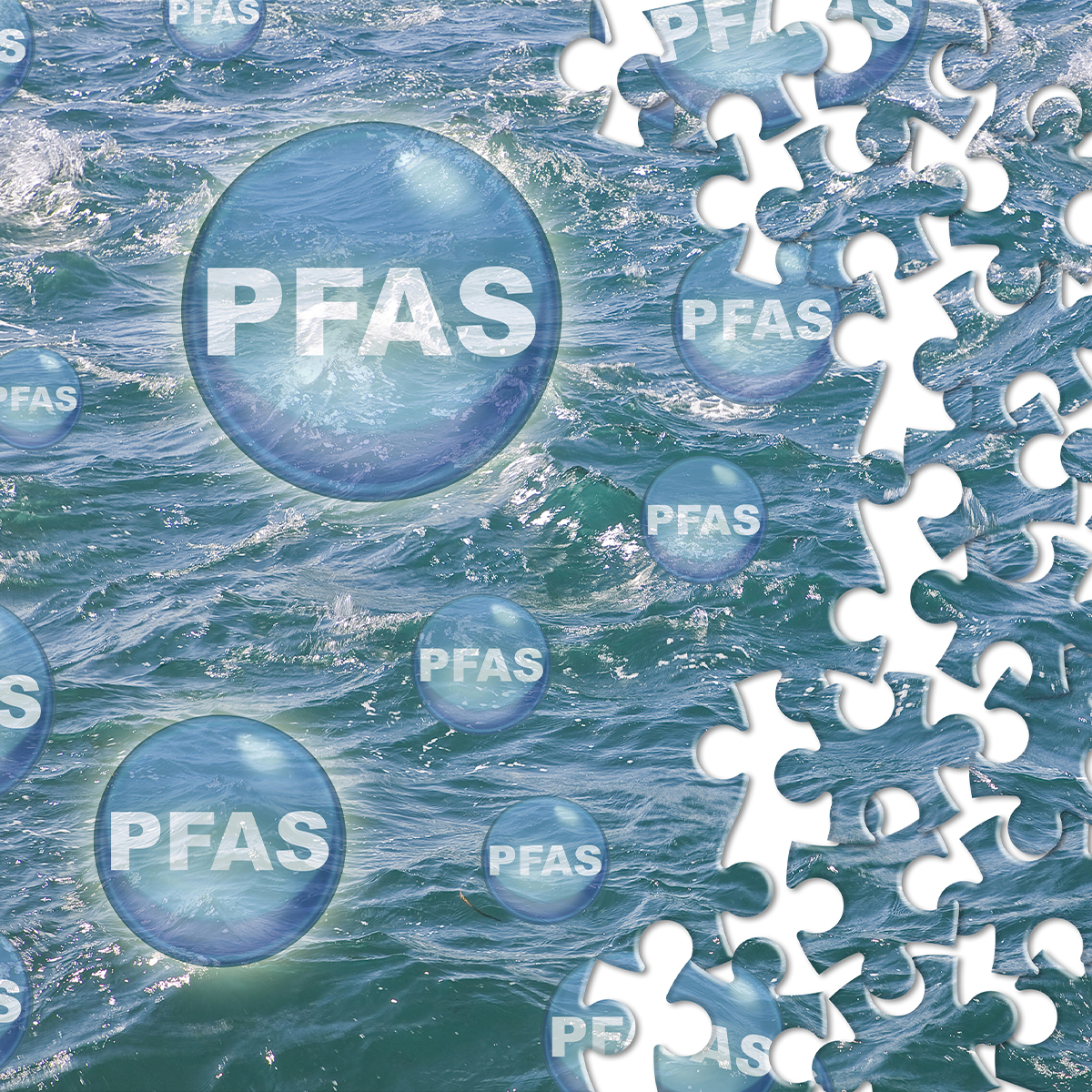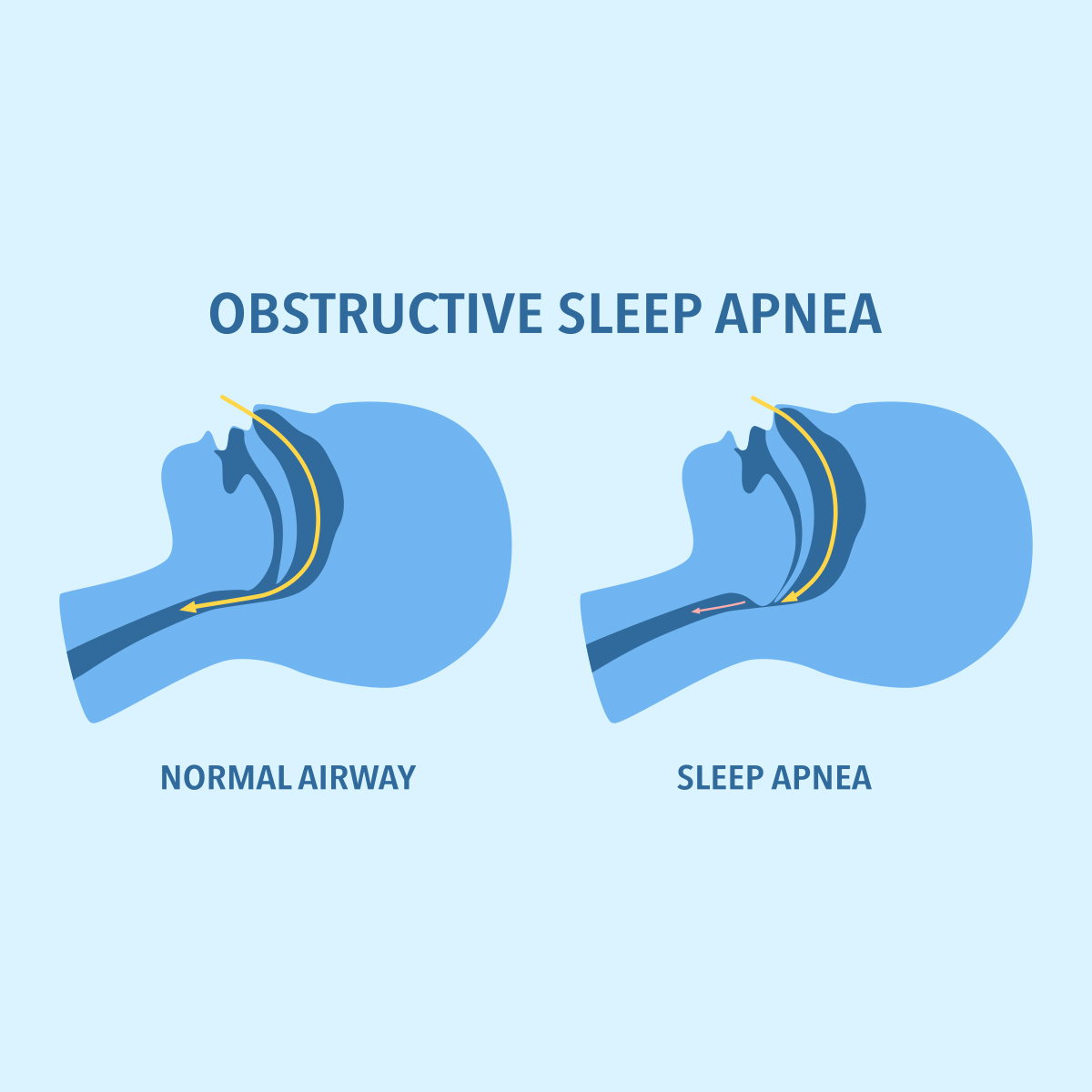-
Property & Casualty
Property & Casualty Overview

Property & Casualty
We offer a full range of reinsurance products and the expertise of our talented reinsurance team.
Expertise
Publication
Structured Settlements – What They Are and Why They Matter
Publication
PFAS Awareness and Concern Continues to Grow. Will the Litigation it Generates Do Likewise?
Publication
“Weather” or Not to Use a Forensic Meteorologist in the Claims Process – It’s Not as Expensive as You Think
Publication
Phthalates – Why Now and Should We Be Worried?
Publication
The Hidden Costs of Convenience – The Impact of Food Delivery Apps on Auto Accidents
Publication
That’s a Robotaxi in Your Rear-View Mirror – What Does This Mean for Insurers? -
Life & Health
Life & Health Overview

Life & Health
We offer a full range of reinsurance products and the expertise of our talented reinsurance team.

Publication
Key Takeaways From Our U.S. Claims Fraud Survey
Publication
Favorite Findings – Behavioral Economics and Insurance
Publication
Individual Life Accelerated Underwriting – Highlights of 2024 U.S. Survey
Publication
Can a Low-Price Strategy be Successful in Today’s Competitive Medicare Supplement Market? U.S. Industry Events
U.S. Industry Events
Publication
The Latest in Obstructive Sleep Apnea -
Knowledge Center
Knowledge Center Overview

Knowledge Center
Our global experts share their insights on insurance industry topics.
Trending Topics -
About Us
About Us OverviewCorporate Information

Meet Gen Re
Gen Re delivers reinsurance solutions to the Life & Health and Property & Casualty insurance industries.
- Careers Careers
Georgia Passes Sweeping Tort Reform Legislation. What Does It Aim to Do and What Are the Implications for Insurers?

April 28, 2025
Timothy Fletcher
Region: North America
English
On April 21, 2025, flanked by a throng of the legislation’s sponsors and supporters, Georgia Governor Brian Kemp signed into law sweeping tort reform legislation that seeks to slay the three-headed monster of social inflation, “shock verdicts,” and third-party litigation financing, along with the implicit promise of providing premium relief to consumers and businesses alike.
Passage and signing came after a bruising battle that pitted trial lawyers and consumer advocates against businesses and insurance advocacy groups, and capped a foundation laid by the state’s Office of Commissioner of Insurance and Fire Safety. In 2024, the Office released a study that showed a dramatic increase in claims and jury awards greater than $1 million, and a nearly 25% increase in claim frequency from 2014 to 2023, with Auto liability counting for roughly 89% of all claims and 59% of paid indemnity.1 Critics countered that the actual number of claims had remained proportionate to the number of auto accidents, and that claims and payouts have mostly been stable or falling, particularly when adjusting for population growth and inflation.2
Now that the dust has settled, let’s take a look at the new law and what it might mean for insurers.
Tort Reform
In general terms, the tort reform package substantially alters how cases will be litigated in Georgia, with the goal of adding protections for businesses, the medical community, and insurance carriers. Some of the highlights include:
Limits on Non-Economic Damages
During trial, plaintiffs cannot reference specific dollar recommendations for non-economic damages during voir dire or before evidence closes. Further, any assertion on non-economic damages must be “rationally related” to the evidence with no reference to objects or values having no rational connection to the facts.
Seatbelt Non-Use
Seatbelt non-use is now admissible as to negligence, comparative negligence, causation, assumption of risk, and apportionment of fault. Moreover, such non-use may be used to diminish any recovery for damages arising out of the ownership, maintenance, occupation, or operation of a motor vehicle.
New Negligent Security Liability Framework
In June 2023, the Georgia Supreme Court upheld a $45 million verdict against CVS by a man shot in a store parking lot by a third-party assailant.3 In its opinion, the court found that the “totality of circumstances” determines whether a third-party criminal act was reasonably foreseeable, and that the question of foreseeability was reserved for the jury.4 Following much publicity and a blunted attempt to address the issue in the previous legislative session, the new package specifically codifies an owner or occupier’s duties to invitees, such that liability now applies only if the conduct caused by a third person was reasonably foreseeable because the owner had (a) “particularized warning(s)” of imminent conduct by a third party; or (b) reasonably should have known that the conduct would occur based on actual knowledge of prior occurrences either on or within 500 yards of the premises, or prior occurrences of similar wrongful conduct that the owner knew or should have known about, based on a “clear and convincing” standard. Of note, and a key part of last-minute negotiations, the package does not apply to cases that involve sex trafficking.
Bifurcated Trials
In cases that involve bodily injury or wrongful death, any party may request two separate phases, with the first determining fault or apportionment and the second determining damages, except for those cases that involve a minor in a sex offense case or those in which the amount under consideration is less than $150,000.
Medical Special Damages
Recoverable medical special damages are now limited to “reasonable value,” with permitted evidence including billed charges and amounts actually paid, as well as the discoverability (and possibly admissibility) of letters of protection or any other arrangement through which a provider renders treatment in exchange for a promise of payment from any judgment or settlement.
Other Procedural Reforms
These include a change that allows plaintiffs to unilaterally file a notice of dismissal without prejudice, but only within 60 days of a defendant’s answer. (Previously, plaintiffs could do so until the time a jury was empaneled.)
Third-Party Litigation Financing
With passage of the third-party litigation financing component, Georgia joins Indiana, Louisiana, West Virginia, and Wisconsin in enacting similar legislation, with other efforts underway in Arizona, New Hampshire, and Oklahoma.5 Key components include:
- Requirement that a person who engages in litigation financing must register with the Commissioner of the Department of Banking and Finance.
- Prohibition of any registered litigation financier from being related to or affiliated with any foreign government or nongovernment person or entity designated by the United States Secretary of Commerce as a foreign adversary pursuant to federal law.
- Barring of any litigation financer from making decisions relating to changing legal representatives, choice or use of expert witnesses, and litigation strategy.
- Discovery as to the existence and terms of any litigation financing agreement of $25,000 or more, with “nothing...[that] shall be construed as to limit the admissibility of such information as evidence of a party’s claim or defense.”
Impact on Insurers
Georgia’s tort reform follows a multi-year effort from a number of groups, including the Insurance Information Institute (III) which stated in February that Georgia had become one of the least affordable states for personal auto insurance, with its affordability rating falling from the 27th most affordable state in 2006 to the 47th in 2022.6 Further, III asserted that Georgia’s litigation rate is twice that of the median state, that its Uninsured Motorist rate is twice as high as the national average, and that its Underinsured Motorist rate is 25% higher. Other advocacy groups, such as the American Tort Reform Association (ATRA) cited Georgia as its fourth worst “Judicial Hellhole” for 2024‑2025, after spending the last two years at the top spot.7 ATRA also claims that excessive tort costs result in an annual “tort tax” of $1,562 for each Georgian, an increase of 27% since 202l, and the loss of an estimated 134,898 jobs across the state each year.8
The aforementioned advocacy clearly worked but has given rise to rising public expectations that premiums will soon drop significantly. To that end, Georgia’s House Speaker Jon Burns has tasked a legislative panel to review how insurance rates are set, with Insurance Commissioner (and tort reform advocate) Jon King stating he will push back on companies that seek rate hikes.9
Intuition and practical experience would lead one to conclude that tort costs will drop under the new legislation. However, it’s an open question as to whether those reductions will quell public sentiment and the seemingly inevitable urge to roll back reforms. One such example exists in neighboring Florida, which implemented dramatic tort reform in 2022 and 2023 and saw a 40% year-over-year decline in new lawsuits in 2024 and the lowest rate filing in the U.S. at 1%.10 Now, the state’s House Judiciary Committee has approved two widely debated proposals that address attorney fees in insurance disputes and evidence that can be presented as to medical damages in personal injury and wrongful death suits.11 Another House-passed bill would raise the state’s sovereign immunity limits from $100,000 per person / $300,000 per incident to $500,000 / $1,000,000.12
In the end, tort reform’s remedies can go only so far. Astute underwriting, capable claim handling, and a heightened understanding of our changing society will do far more to lower loss ratios and enhance profitability than legislative change alone. Nevertheless, reasonable hope now exists that Georgia’s reforms will take root and spread to other states. In the meantime, those legislatures and the general public will be keeping a close eye on Georgia.
With that in mind, some may remember this old adage when it comes to tort reform: Be careful what you wish for, because you just might get it.
Endnotes
- Morris, Joe, “Georgia Pushes Lawsuit Reforms to Rein in Insurance Costs,” P&C Specialist, Jan. 31, 2025, https://www.pandcspecialist.com/c/4752864/639274?referrer_module=searchSubFromPCIS&highlight=Georgia%20Pushes%20Lawsuit%20Reforms%20to%20Rein%20in%20Insurance%20Costs
- Ibid.
- Ga. CVS Pharmacy, LLC v. Carmichael, 316 Ga. 718, 890 S.E.2d 209 (2023)
- Ibid.
- Goble, Keith, “Legislation in six states would enact third-party litigation reform,” Feb. 20, 2025, Landline, https://landline.media/legislation-in-six-states-would-enact-third-party-litigation-reform/#:~:text=Recent%20state%20action%20on%20issue,a%20similar%20rule%20in%202023
- Insurance Information Institute (I.I.I.) members and member companies’ access: https://www.iii.org/article/trends-and-insights-georgia-insurance-affordability
- ATRA Press Release, March 21, 2025, “Georgia Legislature Passes Landmark Tort Reform Bill,” https://www.atra.org/2025/03/21/ga-leg-landmark-tort-reform/
- Ibid.
- Bluestein, Greg; Hansen, Zachary, “Kemp’s legal overhaul is now law – but will it bring down insurance costs?” AJC Politics, April 21, 2025, https://www.ajc.com/politics/kemps-legal-overhaul-is-about-to-take-effect-but-will-it-bring-down-insurance-costs/EELJNF6EIFH3FHOK65E7L4ZI74/
- The Institutes, Triple‑I Daily, April 21, 2025
- Ibid.
- Ibid.





